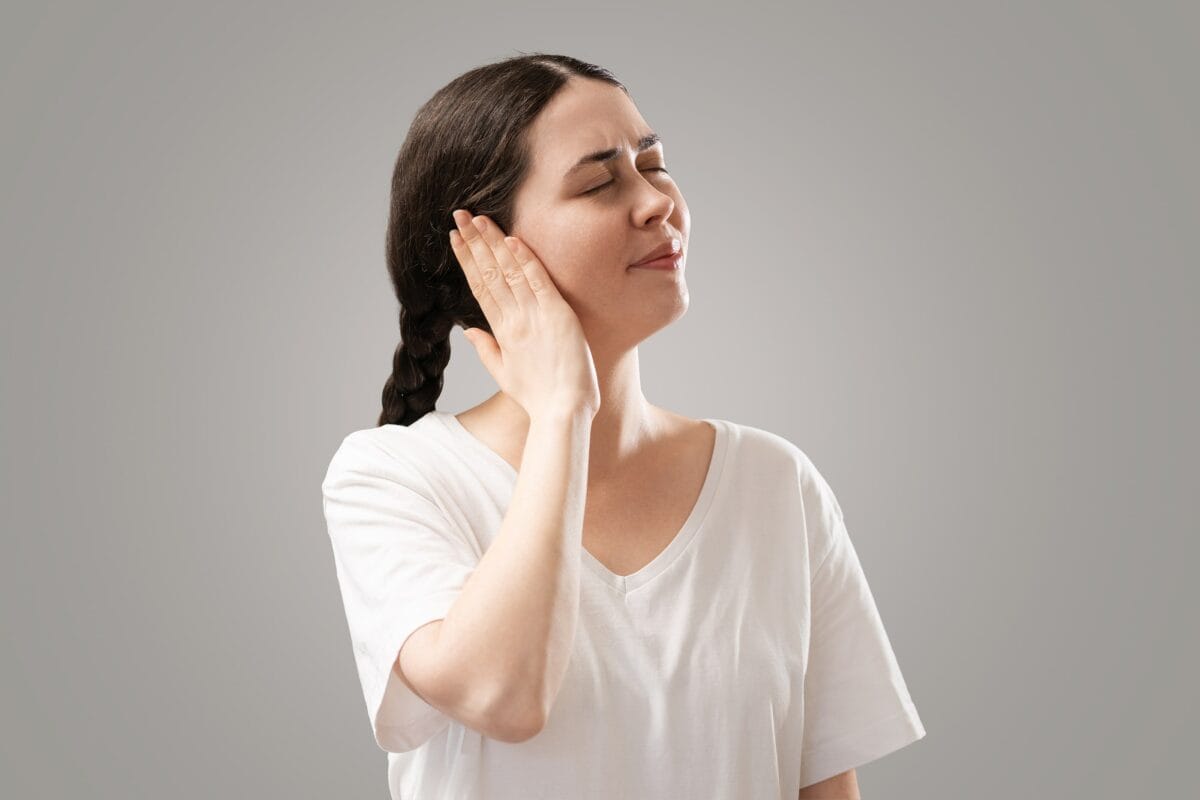Workplace sound is a common cause of noise-induced hearing loss. Whether you work in a factory setting, an auto mechanic shop, a restaurant, or as a recess attendant at a school, you might be exposed to dangerous levels of noise in the workplace. However, workplaces are not the only sources of that dangerous sound that can damage your hearing. Your recreational activities might be causing harm to your hearing, as well. Some of these recreational activities might be obvious to you, such as attending loud concerts or going to the shooting range, but others might come as a surprise. Let’s begin by looking at the common sources of recreational noise exposure and then take a closer look at what you can do to prevent damage to your hearing from these voluntary activities.
Sources of Recreational Noise Exposure
In addition to the common sources of recreational noise exposure, such as loud concerts, music rehearsals, or sessions at a shooting range, there are other sources that might come as a surprise. When it comes to music, loud genres are not the only culprit of causing hearing damage. Relatively quieter music can also cause hearing damage over extended periods of time. Those who play acoustic instruments can suffer damage when they rehearse for very long periods, such as during the years of music conservatory. Other events can be dangerous, as well, including sporting events when the roar of the crowd reaches a dangerous decibel level. Even your favorite restaurant or bar can be a dangerously loud venue when there is background music and a loud din of voices on a busy weekend night. In addition to these sources of recreational noise, your own headphones or earbuds can pose a danger, as well. Did you know that listening to moderate sound through your headphones for an extended period can damage your hearing? If you use headphones to binge watch a television show or to listen to hours of an audiobook or podcast, then that lower level can cause harm over time. If you raise the level of your devices to compete with background noise, then you are at an even greater risk of hearing damage.
Hearing Protection
When you are in the presence of loud recreational sound, it is important to wear hearing protection. In many cases, disposable foam earplugs will reduce the decibel level of sound to a safe volume. Most of these devices lower the effective volume by at least 10 decibels, making it possible to endure the sound for a longer time before damage occurs. If you are taking part in a very loud activity, such as going to a shooting range, you will need to wear more advanced protection, such as noise-canceling earmuffs. You can use an app on your smartphone to measure the decibel level of your activity and to determine how much hearing protection you will need.
Preventing Noise Exposure
Another way to prevent noise-induced hearing damage is to limit your exposure. Hearing damage occurs as a combination of volume and duration. If you can turn down the volume on your devices or speakers, then that is one way to provide a safe listening context. As a rule of thumb, 75 percent of the maximum volume on your headphones or earbuds is a good limit to set for yourself. If you can’t lower the volume, you can limit your time of exposure. Take some “ear breaks” from a loud venue, location, or event, to help protect your hearing in the event you don’t have hearing protection available.
Scheduling a Hearing Test
If you are concerned about noise-induced hearing loss, why not schedule a hearing test? This exam will let our hearing health professionals know if you have already experienced hearing loss and the individual profile of your hearing ability. When we receive these results, we will pair you with the right hearing aids to meet your individual needs. Our experts can consult with you about your recreational activities, as well, pointing you toward the best habits to prevent future loss. The first step is to schedule your diagnostic hearing assessment, so don’t delay making the call. We can lead you from that moment forward toward better hearing.

